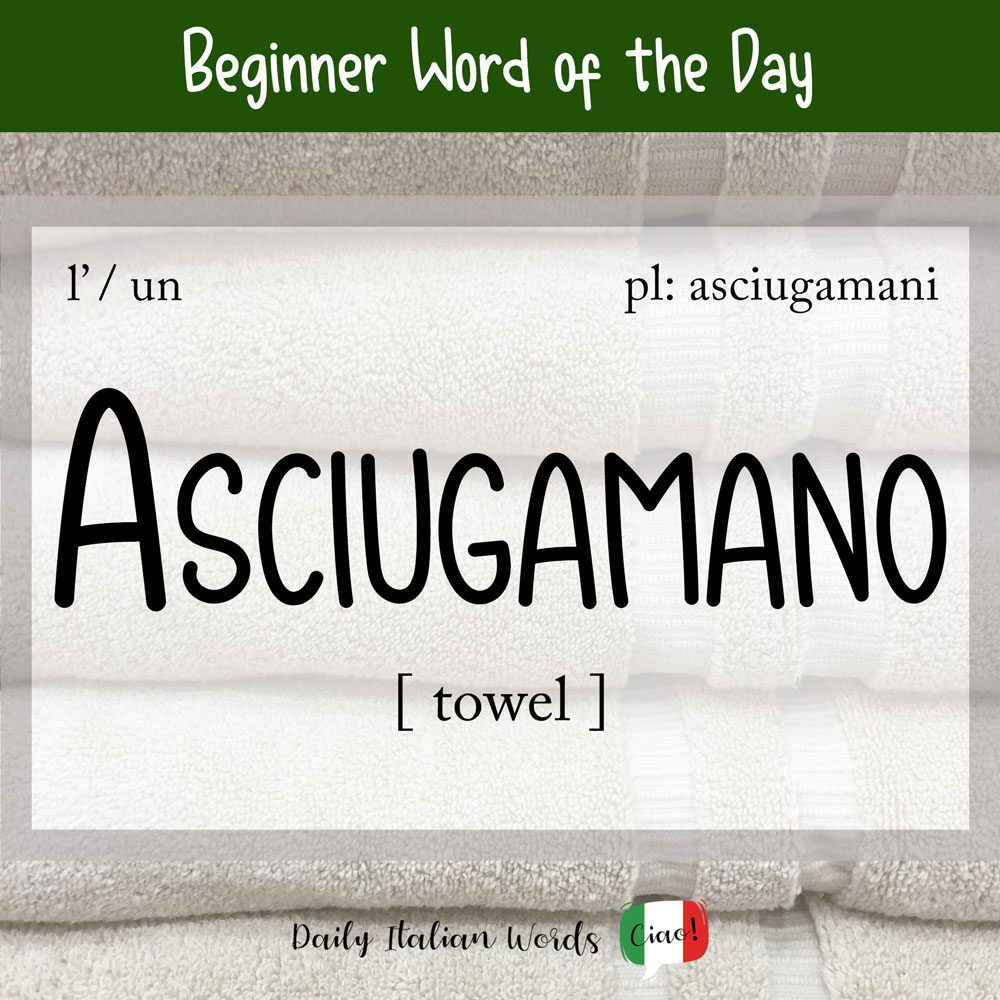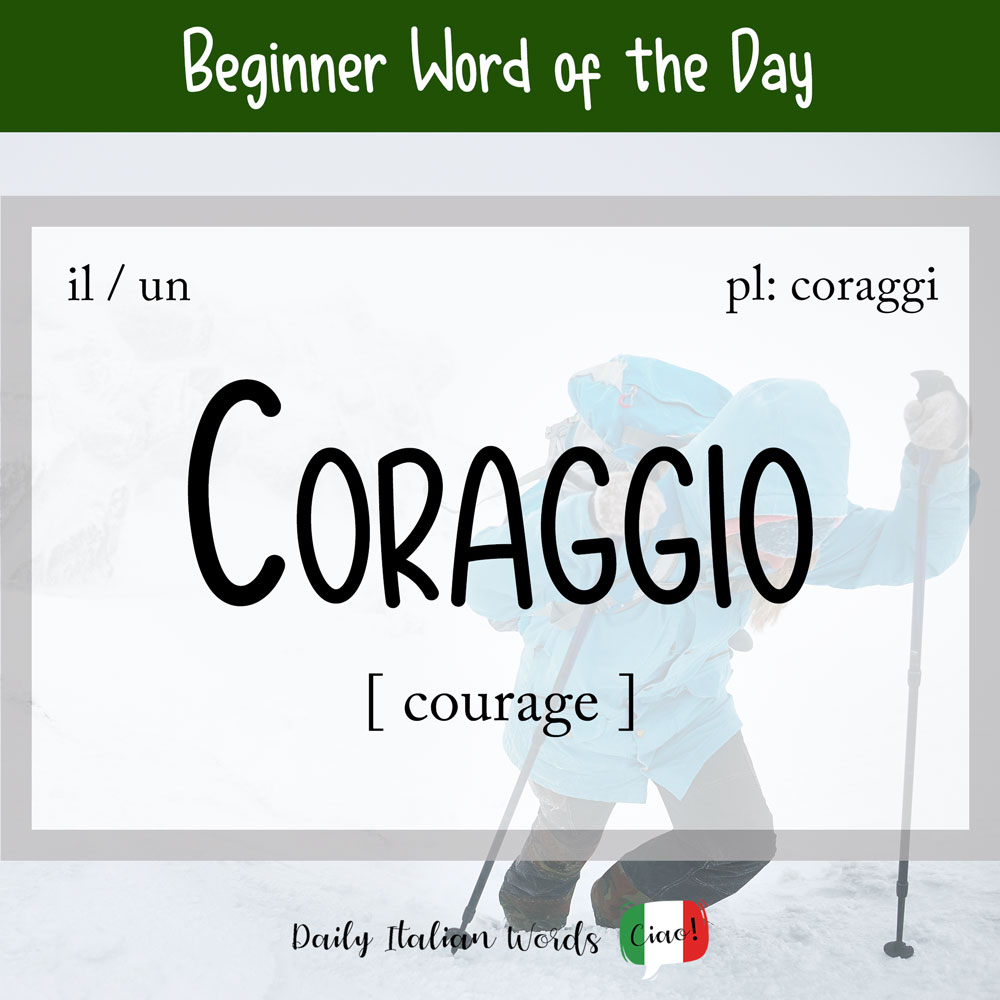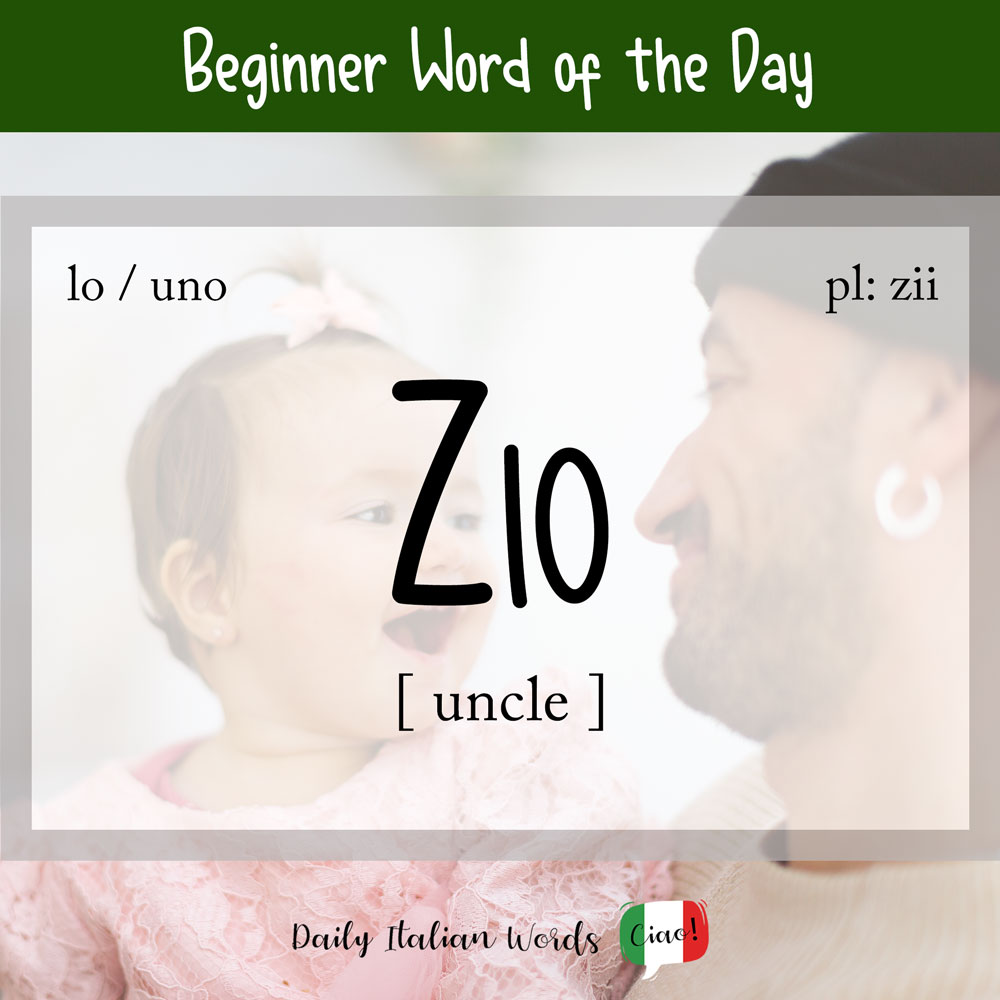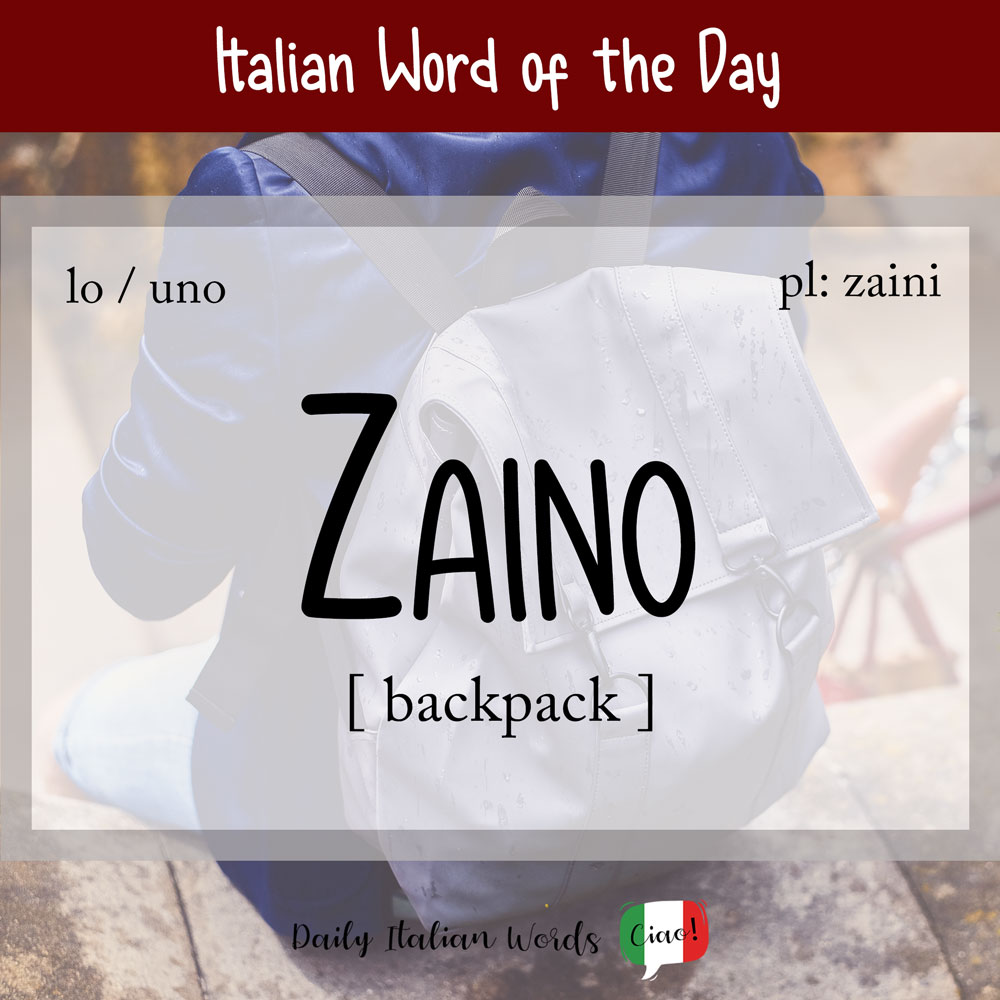Italian Word of the Day: Asciugamano (towel)
Whenever you have a shower, jump in the bath or visit the beach, one thing you should never forget is your trusty asciugamano (masculine, plural: asciugamani), which is the Italian word for towel. A compound word made up of the verb asciugare (to dry) and mano (hand), it literally translates as hand-dryer! Mi sono asciugato …






